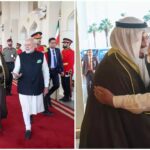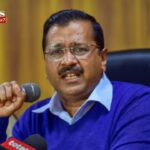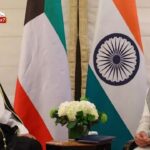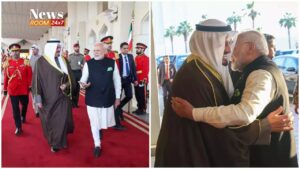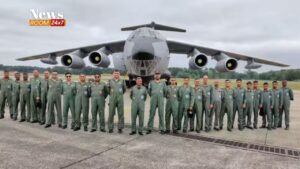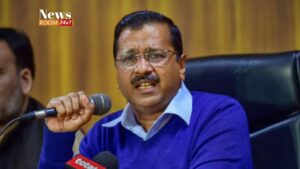Jaishankar on India-China disengagement: Some progress creates opportunities for further actions
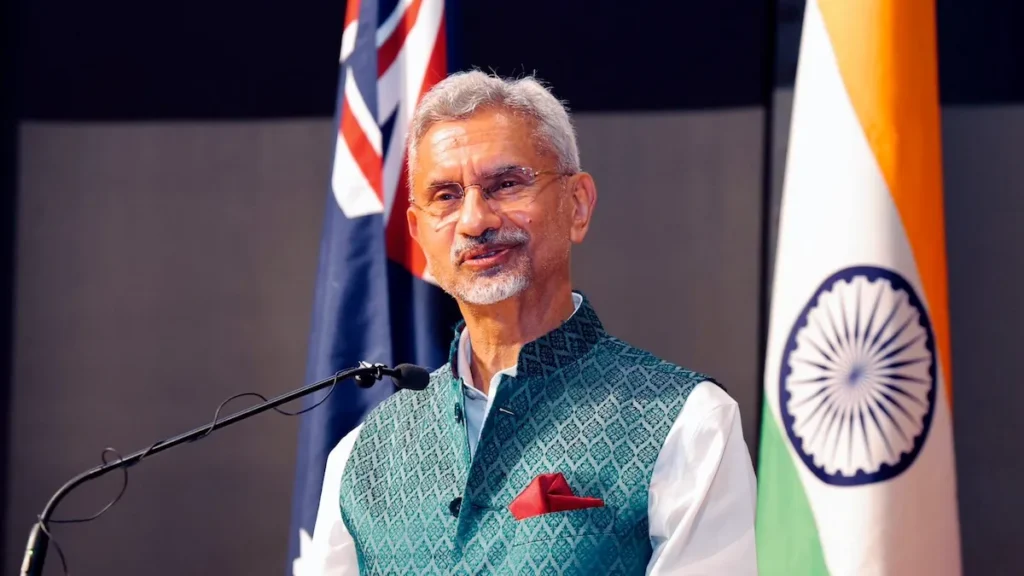
Saying That India and China have achieved “some progress” in their disengagement efforts, External Affairs Minister S. Jaishankar remarked on Sunday that this development is “welcome” and “opens up the possibility for additional steps to take place.”
Jaishankar’s comments followed the government’s announcement that “verification patrolling has begun under mutually agreed terms in Demchok and Depsang” along the Line of Actual Control in eastern Ladakh.
While on a bilateral visit to Australia from November 3-7, Jaishankar stated: “In terms of India and China, yes, we have made some progress. Our relations have been quite disturbed for reasons known to everyone. We have seen some advancement in what we call disengagement… troops were previously very close, which posed the risk of untoward incidents.” He made these remarks during an interaction with the Indian diaspora in Brisbane in response to a question.
He highlighted that “there are a significant number of Chinese troops stationed along the Line of Actual Control who were not there before 2020. In turn, we have also made counter-deployments. Other facets of the relationship have also been impacted during this time. Therefore, we need to assess what direction we take post-disengagement. However, we view disengagement as a positive step that creates opportunities for further actions,” he explained.
He further highlighted that following Prime Minister Narendra Modi’s meeting with Chinese President Xi Jinping in Russia last month, there was an expectation that “both the national security advisor and I would engage with our counterparts. That’s where things currently stand.”
On October 21, Foreign Secretary Vikram Misri stated that India and China had reached an agreement on patrolling arrangements in the border regions.
During his visit to Brisbane, which marks the first leg of his two-nation tour that will also include Singapore, Jaishankar referred to the Russia-Ukraine war and the Israel-Iran tensions as “very, very worrying situations,” emphasizing India’s efforts to “contribute.”
“We are making efforts in various ways regarding both conflicts. Concerning Ukraine… we are actively involved, with the Prime Minister personally engaged in this matter. He visited Russia in July and Ukraine in August… The global community should not simply resign and wait for these nations to exhaust themselves; there are daily costs for the world beyond what these countries and regions are incurring,” he stated while addressing questions.
“We are trying to pursue some proactive diplomacy. Initially, there was skepticism about our approach. However, I would assert that today there is a much greater understanding, particularly among Western nations… We are also receiving robust support from the Global South for our initiatives. We hope that through various discussions, we can establish common ground and facilitate the beginnings of diplomacy,” Jaishankar remarked.
Regarding the situation in West Asia, he mentioned: “The dynamics in the Middle East are quite different. Currently, the primary focus is on conflict prevention, and a significant gap exists in the inability of Iran and Israel to communicate directly. Various nations are attempting to bridge that divide, and we are among them.”
“Both situations today are exceedingly concerning. In a globalized world, instability or conflict in one area has far-reaching implications everywhere,” he concluded.
Jaishankar noted that the bilateral relationship between India and Australia has significantly evolved over the past decade under the Modi administration, establishing a strong foundation for future collaboration.
“I recall an early discussion with him (Modi) back in 2014. He inquired why our relationship with Australia had not progressed, despite having all the right elements in place. We share a language, a common culture, and traditions, yet something seemed to be missing. At that moment, I didn’t have an answer, perhaps because I had not fully contemplated it myself. This reflects that the development of this relationship was not automatic; it required considerable effort from both sides,” he stated.
“India is on a path of growth. While it is growing, it aims to grow alongside the world,” he emphasized. When India considers its global position, it recognizes various opportunities. “We are optimistic. While challenges exist, we believe that the world possesses goodwill and a strong desire to collaborate with India. There is a prevailing sentiment globally for India’s success, and it is crucial that we leverage that sentiment,” he added.
Jaishankar will also open India’s fourth consulate in Australia, in Brisbane, when he is there. Along with co-chairing the 15th Foreign Ministers’ Framework Dialogue (FMFD) in Canberra alongside his Australian counterpart, Penny Wong, he will also serve as the keynote speaker at the opening session of the 2nd Raisina Down Under, which will be held at the Australian Parliament House.
He will meet with members of the Australian government, business community, media, think tanks, and leadership.
On the second part of his trip, he will proceed to Singapore for an official visit on November 8, where he is scheduled to address the 8th Roundtable of the ASEAN-India Network of Think Tanks. Additionally, he will meet with Singapore’s leadership to evaluate the partnership between the two nations and explore opportunities to further strengthen their bilateral ties, according to the Ministry of External Affairs (MEA).


